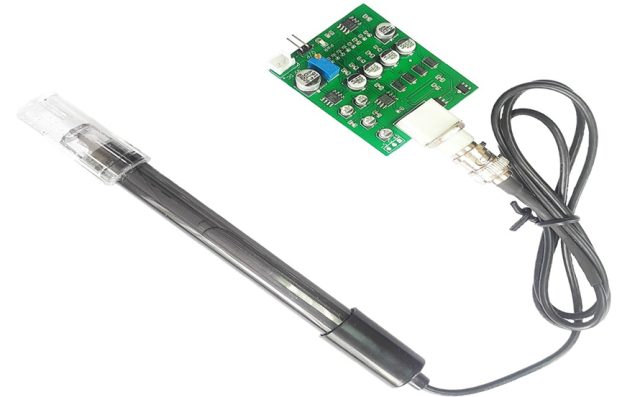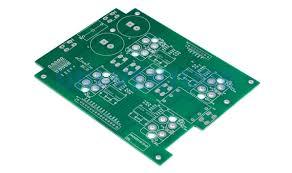Engineering Precision in Automotive Sensor Testing and Calibration

In modern automotive systems, sensors form the nervous system of intelligent vehicles—collecting real-time data, interpreting environmental signals, and transmitting them to the Electronic Control Unit (ECU). Every decision, from adaptive cruise control to emergency braking, depends on sensor precision and reliability.
At KKPCB, we engineer the foundation of automotive intelligence through advanced sensor testing, calibration, and validation solutions that guarantee performance under any condition.
Classification of Automotive Sensors
Automotive sensors are broadly divided into two categories—traditional MEMS sensors and intelligent perception sensors used in ADAS and autonomous driving.
1. Traditional Sensors (MEMS-Based):
These serve as the “neurons” of a vehicle’s control systems. They measure and relay critical operating parameters—pressure, temperature, position, acceleration, angular velocity, gas concentration, and liquid levels—to the ECU for precise feedback control.
2. Intelligent Sensors for ADAS:
Modern vehicles rely on LiDAR, millimeter-wave radar, ultrasonic sensors, and high-resolution cameras to perceive their surroundings. These intelligent sensors are the “eyes and ears” that enable safe and adaptive decision-making in autonomous driving.
Performance Requirements for Automotive Sensors
High-performance automotive sensors must undergo rigorous testing and calibration to ensure they meet strict quality, safety, and performance standards. KKPCB’s testing methodology focuses on two key dimensions—functional and accuracy characteristics.
Functional Characteristics
-
Range: Defines the measurable span of sensor input values.
-
Sensitivity: Determines how effectively the sensor converts input changes into output signals.
- Resolution:Specifies the smallest detectable variation in input.

Accuracy Characteristics
-
Linearity: Measures deviation from ideal response.
-
Repeatability: Ensures consistent results across repeated tests.
-
Hysteresis: Detects discrepancies in output between rising and falling input cycles.
-
Drift and Stability: Evaluate zero-point and sensitivity variation over time or temperature.
-
Total Error: Indicates the maximum deviation between measured and true values.
These parameters define the backbone of sensor accuracy and reliability—and they all begin with precision calibration.
Calibration: The Core of Sensor Accuracy
Calibration establishes the direct relationship between sensor input and output, ensuring precise measurement response. At KKPCB, we employ automated calibration systems using high-precision DC sources to validate performance under various environmental conditions.
Types of Calibration:
-
Static Calibration: Determines characteristics like sensitivity, linearity, and hysteresis under stable conditions.
-
Dynamic Calibration: Evaluates frequency response, damping ratio, and real-time stability under operational stress.
Our closed-loop calibration ensures automotive-grade precision that meets global standards, from ISO 26262 functional safety to AEC-Q100 reliability benchmarks.
Electrical Performance Testing
Beyond calibration, KKPCB’s electrical testing validates long-term stability and noise immunity across temperature, voltage, and electromagnetic interference (EMI) conditions.
Our engineers conduct:
-
Signal integrity analysis
-
Thermal performance testing
-
Long-term drift and EMI resistance evaluation
These tests simulate the harshest automotive environments—vibration, humidity, and voltage transients—to ensure each sensor remains reliable throughout its lifecycle.
KKPCB: Engineering the Future of Automotive Sensor Reliability
At KKPCB, we believe data integrity drives safety. Our integrated sensor PCB design, high-frequency test systems, and AI-assisted calibration platforms guarantee consistent quality for every sensor circuit we produce.
As the automotive industry transitions toward full autonomy and electrification, KKPCB continues to push the frontier of sensor validation technology, delivering confidence, precision, and performance on every road.

